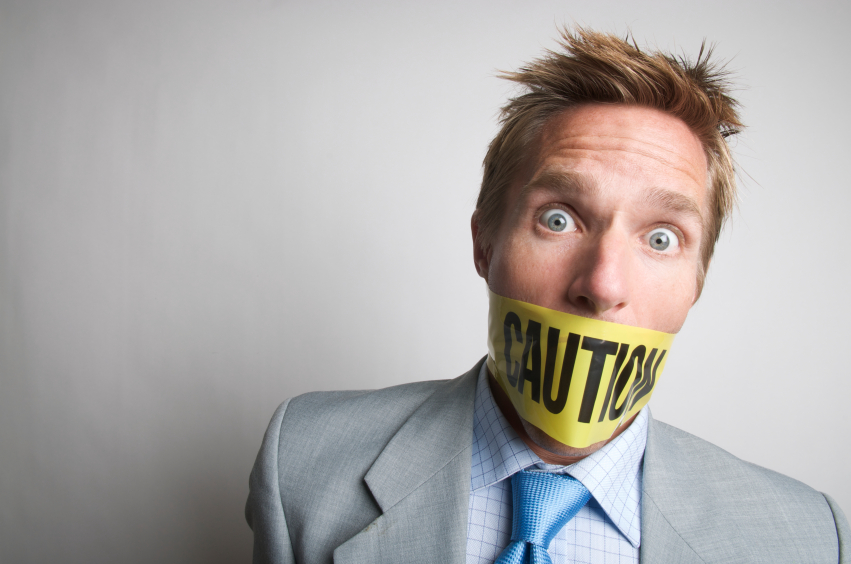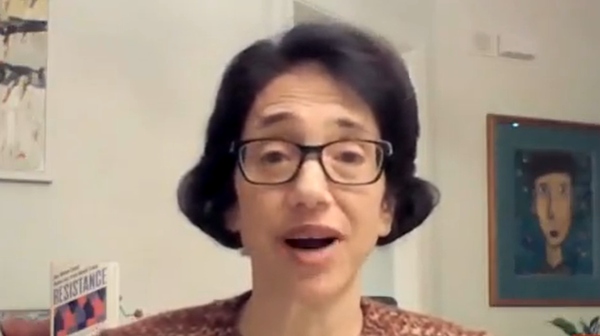Google adds 12 new types of manual action penalties that can censor websites and make them disappear from search results
02/13/2021 / By Arsenio Toledo

Google has escalated its control over what people see when they use the big tech company’s market-dominating search engine. It has added 12 new types of “manual action penalties,” or topics where human moderators are allowed to manually penalize websites and suppress them, preventing them from showing up in search results.
This marks the first time that a website could potentially receive a manual penalty for violating Google News and Google Discover policies. Previously, manual actions could only be applied for violation of Google Search policies. (Related: Google’s monopoly on power allows it to weaponize data against its political opposition.)
As its name suggests, a manual penalty is issued by a human moderator at Google. It is applied after a Google reviewer determines that a site’s content is not in compliance with the corporation’s guidelines. Before this change in policy, any violations in Google News and Google Discover were handled by automated action.
Google has not mentioned what the penalty would be for violating News and Discover’s new policies. Historically, a manual penalty results in pages or sites receiving a lower ranking in a search result. Offending websites might even be removed from the result entirely. Since penalties are handled at the discretion of Google’s moderators, there’s no way to know for certain what punishment a site with supposedly offending content would receive.
Furthermore, Google’s help page does not indicate whether pages would be demoted or removed only from News and Discover, or if this penalty would be extended to Google Search.
Listen to this special Situation Update breaking news episode of the Health Ranger Report, a podcast by Mike Adams, the Health Ranger, as he talks about how American corporations like Google are now treating their loyal customers as “the enemy.”
Google News and Discover’s 12 new manual action penalties
Out of Google’s 12 new manual action penalties, one solely concerns News, two are specifically for Discover and the other nine are applicable to both News and Discover.
The one manual penalty that affects only Google News is for violating the transparency policy. This policy could be violated if a website appears in News but it does not provide proper bylines and dates for its articles, as well as relevant information regarding authors, the publication, the publisher, the news network or company behind the site as well as the site’s contact information.
The two manual penalties specific to Discover include violating Google’s policies regarding “adult-themed content” and “misleading content.” A violation would occur if Google’s system detects nudity, sex acts, sexually suggestive or explicit material or content that Google finds to be misleading or within the realm of “clickbait.”
Here are the nine manual penalties that are shared between News and Discover:
- Harassing content – Content that involves threats, bullying or harassment.
- Sexually-explicit content – Content that involves explicit sexual videos or imagery intended to cause sexual arousal.
- Medical content – Content that aims to provide medical treatment, or to help give advice or a diagnosis regarding medical concerns for commercial purposes.
- Violence and gore content – Content that incites or glorifies violence, or content that is purposefully extremely graphic for the sake of eliciting a reaction of disgust.
- Dangerous content – Content that could cause serious and immediate harm to animals or people.
- Terrorist content – Content that is related to terrorism, terrorist organizations and acts of terrorist extremism. This includes content that is intended to recruit people, incite violence or celebrate terrorist actions.
- Vulgar language and profanity – Content that includes “gratuitous” use of profanities or obscenities.
- Manipulated media – Video, image or audio content that has been manipulated with the goal of misleading, defrauding or deceiving.
- Hateful content – Content that is intended to “incite hatred.”
It is possible to recover a website from a manual action penalty.
If a website receives a manual penalty, Google would send the site’s owner or webmaster a message via Google Search Console. This is the company’s web service that allows webmasters and site owners to check their site’s indexing status and to possibly improve their online search visibility on the search engine.
Google’s message would inform the website that it has received a penalty, why the penalty was issued in the first place and how to recover from it.
To submit an appeal, webmasters and site owners have to remove the offending content and submit a request for reconsideration to Google for review.
Learn more about how the tech giants are using their platforms to escalate their drive to censor by reading the latest articles at TechGiants.news.
Sources include:
Tagged Under: banned, bias, Big Tech, Censored, Censorship, content, control, Dangerous, free speech, Google, Orwellian, rigged, search engine, tech giants
RECENT NEWS & ARTICLES
COPYRIGHT © 2018 SPEECHPOLICE.NEWS
All content posted on this site is protected under Free Speech. SpeechPolice.news is not responsible for content written by contributing authors. The information on this site is provided for educational and entertainment purposes only. It is not intended as a substitute for professional advice of any kind. SpeechPolice.news assumes no responsibility for the use or misuse of this material. All trademarks, registered trademarks and service marks mentioned on this site are the property of their respective owners.




















